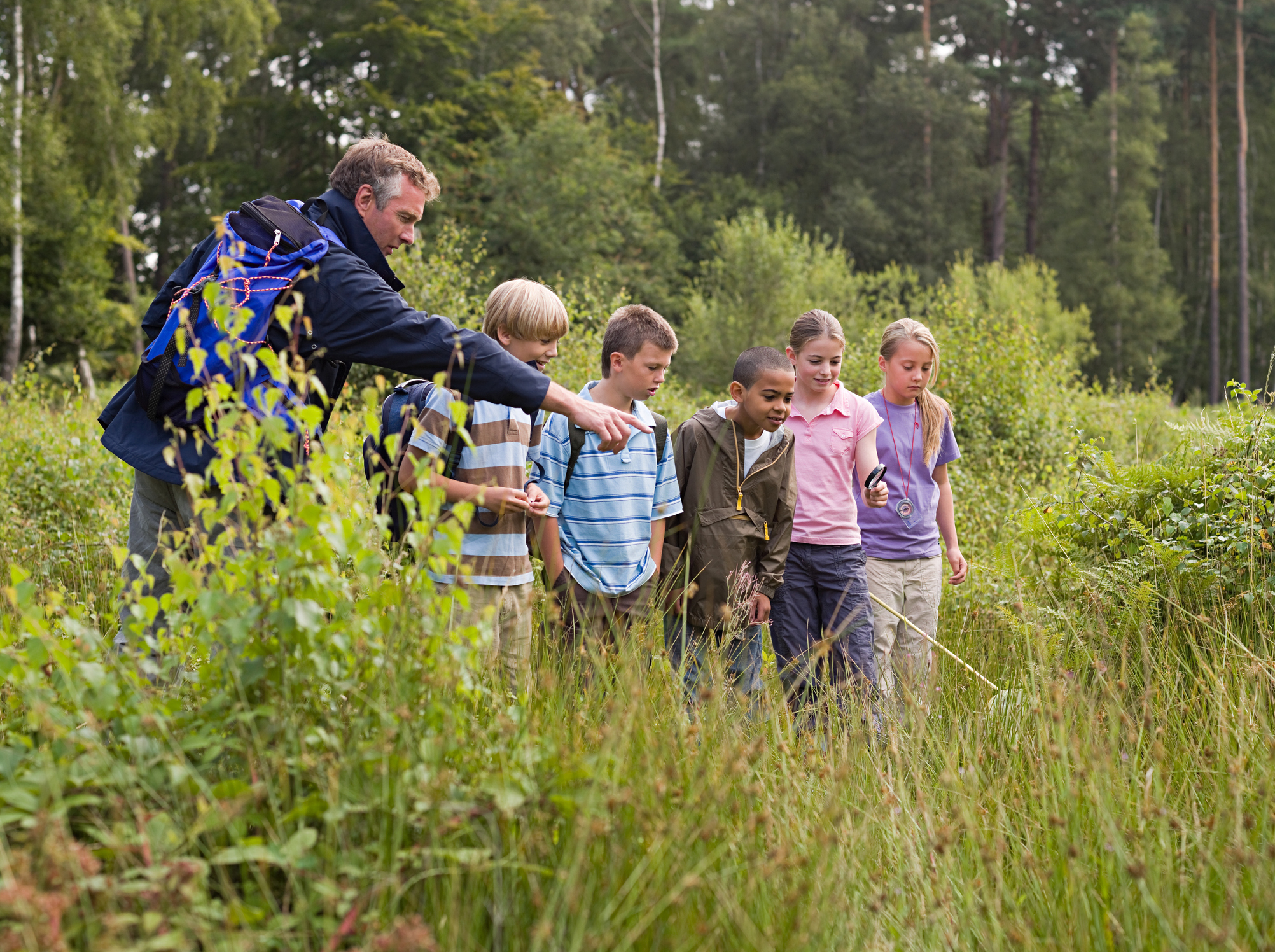
Teaching about geographic themes and the topographic features of our earth has long been a staple of any social studies classroom. Depending on the grade-level and standards, educators can hone in on topics such as location, physical characteristics of the earth, climate, population, human migration patterns, and land-use to demonstrate changes in the environment throughout history. In recent years, educators have become increasingly interested in the theme of “environmental studies,” which combines the aforementioned geographic and topographic themes with science, data, and human-environment interaction. Incorporating this discipline into social studies lessons can be a powerful way to help students understand their own place in the world and better evaluate our constantly evolving environment.
What are environmental studies?
Environmental studies is an interdisciplinary field that combines knowledge and methodologies from various disciplines such as biology, ecology, geology and geography, sociology, economics, and law to understand the complex interactions between humans and the environment. The field focuses on the relationships between human activities and the natural world, and how these interactions affect the health and well-being of both people and the planet.
As an educator, you will likely teach students about the concepts of sustainability, conservation, and environmental management. You may also explore the causes and consequences of environmental problems such as climate change, pollution, and resource depletion. Additionally, you may engage students in environmental science research and encourage them to develop solutions to environmental challenges facing our world today.
Environmental studies is an exciting and dynamic field that seeks to promote environmental awareness, conservation, and sustainability through education, research, and action. As a teacher, you have the opportunity to inspire and motivate the next generation of environmental leaders who can make a positive impact on our planet.
Why are they important?
Environmental studies as a discipline are fast becoming a relevant addition to teaching social studies. Teaching the discipline provides students with a comprehensive understanding of the interactions between humans and the natural world. This field of study is critical for addressing the urgent environmental challenges we face today and that students will encounter in the future, such as climate change, pollution, and biodiversity loss. Here are some key reasons why environmental studies are important:
- Understanding the environment: Environmental studies help us understand the complex systems and processes that make up the natural world. By studying the environment, we can better appreciate its value and learn how to manage it sustainably.
- Addressing environmental challenges: Environmental studies provide the knowledge and tools necessary to address environmental challenges such as climate change, biodiversity loss, pollution, and habitat destruction. Through interdisciplinary research and collaboration, we can develop effective solutions that benefit both people and the planet.
- Promoting sustainability: Environmental studies emphasize the importance of sustainability, which is the ability to meet our needs without compromising the ability of future generations to meet their own needs. By promoting sustainable practices, we can protect the environment and improve the well-being of people around the world.
- Improving human health: Environmental studies can help us identify and mitigate environmental factors that affect human health, such as air and water pollution, exposure to toxic substances, and climate change. By improving environmental health, we can promote better health outcomes for people and communities.
- Informing policy and decision-making: Environmental studies provide the scientific evidence and data needed to inform policy and decision-making at all levels, from local to global. By making informed decisions based on sound science, we can protect the environment and ensure a sustainable future for all.

How can this subject help students?
Students are the future generation for our earth and teaching environmental studies in the classroom can help them comprehend their global role and responsibility in a number of ways. Here are some potential benefits:
- Develop critical thinking skills: Environmental studies involve complex systems that require critical thinking and problem-solving skills. Teaching this subject can help students develop their analytical and critical thinking skills, as they learn to evaluate evidence, analyze data, and identify solutions to environmental problems.
- Encourage environmental responsibility: By learning about environmental issues, students can become more aware of the impact that human activities have on the natural world. This can help foster a sense of environmental responsibility and inspire them to take actions that reduce their ecological footprint.
- Enhance scientific literacy: Environmental studies involve many scientific concepts, such as the carbon cycle, ecosystem dynamics, and biodiversity. By teaching these concepts, you can help students develop their scientific literacy and better understand the importance of scientific research.
- Promote interdisciplinary thinking: Environmental studies draw on many different disciplines, including biology, chemistry, physics, economics, and social sciences. Teaching this subject can help students see the connections between these different fields and develop an interdisciplinary perspective on complex problems.
- Encourage activism: Learning about environmental issues can inspire students to become involved in environmental activism and advocacy. By providing students with the tools and knowledge they need to understand environmental issues, you can help them become informed and engaged citizens who are able to make a positive impact on the world around them.
Teaching environmental studies can help students become more informed, responsible, and engaged citizens who are better equipped to address the complex environmental challenges of our time. The discipline provides a holistic understanding of the relationship between humans and the natural world, and offers solutions to the environmental challenges we face today. By studying the environment and promoting sustainability, we can create a better world for ourselves and communicate to our future generations the importance of preservation of our earth.
Seeking more environmental studies lessons to inspire your students?
Sign up for a free 30-day trial of Active Classroom
Monet Hendricks is the blog editor and meme connoisseur for Social Studies School Service. Passionate about the field of education, she earned her BA from the University of Southern California before deciding to go back to get her Master’s degree in Educational Psychology. She attended the graduate program at Azusa Pacific University pursuing her post-grad Educational Specialist degree in School Psychology and Applied Behavior Analysis and currently works as a School Psychologist in Los Angeles, CA. Her favorite activities include traveling, watching documentaries on mental health, and cooking adventurous vegetarian recipes.
